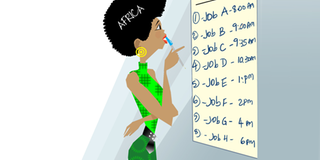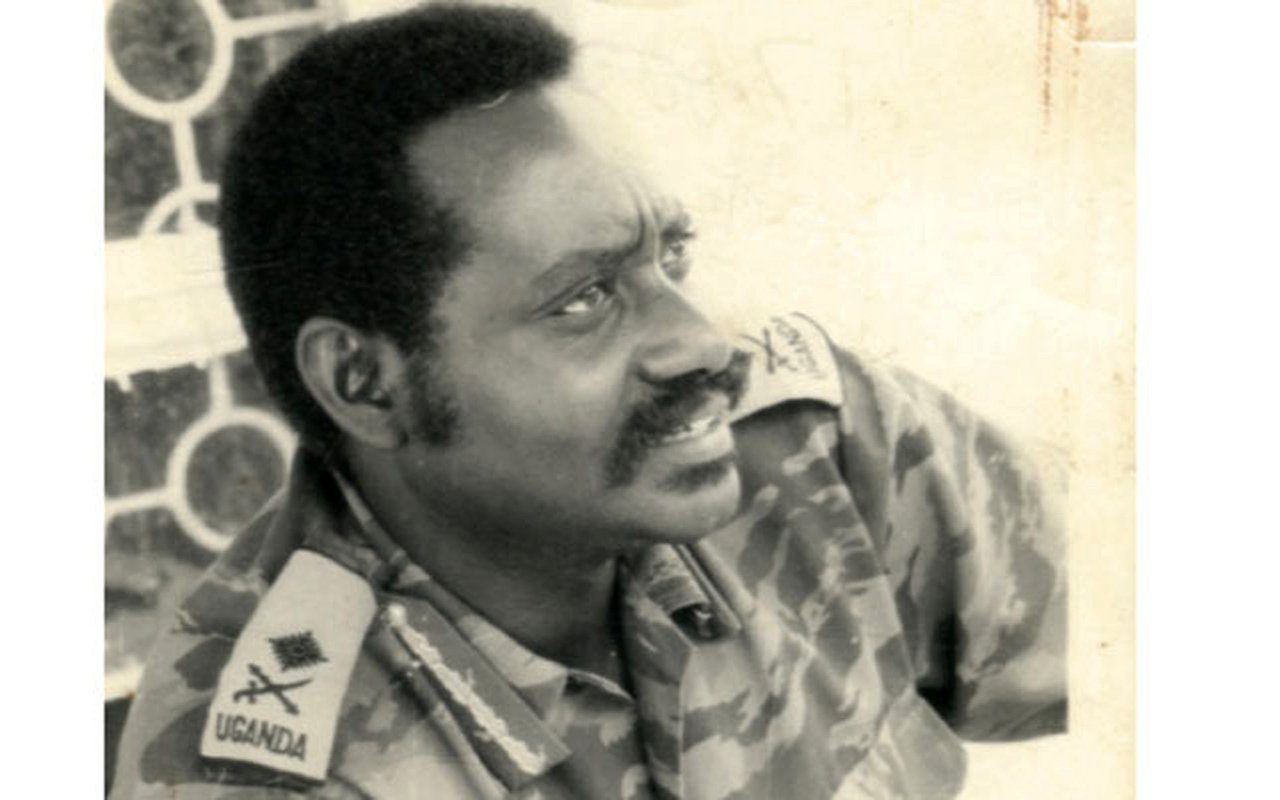Is the African Union finally a dead piece of wood?

Finally, the African Union or more specifically, presidents Jacob Zuma of South Africa and Museveni decided to call time on their support for the deposed, self-styled, beloved Libyan Leader, Maummar Gaddafi, this week. Museveni flew to Johannesburg and the news that spewed, as was expected, was the AU turning its back on the man they have clung on as a piece of hot iron for the last three months.
It was a futile attempt by Museveni and Zuma to try and force Gaddafi back into Libyan politics but this latest development underscores the sheer lack of endurance by the Africa Union in orchestrating its own goals on the continent. The Libyan situation offered something beyond a laboratory-like test for the AU to determine how much it can influence events not just within its own jurisdiction but reckon with other external powers.
The AU failed the test and to add pepper to the insults, US officials, UK Prime Minister David Cameron and French President Sarkozy landed in Benghazi to physically endorse the new regime. In other words, who is the AU after all to say ‘no’ to a new Libya? The AU, especially those African leaders who supported Gaddafi must be feeling like a rape case victim.
The whole scenario of Libya opens up a new debate about the relevance of the AU and whether the continent really needs such a body or whether Africa needs a rethink of the structural constitution, the mandate and the philosophy of the organisation. Is the AU still relevant for Africa?
The AU was reformed from its parent organisation, the Organisation of African Unity, that sought to fight for the independence and liberties of African people. Although the AU’s mandate is to move further the aspirations of the continent beyond guerilla warfare that characterised independence struggles, it is clear that the organisation lacks not only the muscle to punch above the waist, but is probably overcrowded with an aging generation of ‘Generals’ who have been overtaken by the changing design of current geo-political dynamics. There are several examples in history where the AU can learn lessons of how nations built their political supremacy.
Days of Bismarck
In the days of Otto Von Bismarck, the first German chancellor who was the architect of the German unification when he conquered small states around Prussia before World War I, military might was a key component in bringing to submission other states. Bismarck was a purist in diplomacy and he used both refined and brute methods to create a labyrinth of diplomatic codes with countries.
As a unified country, German built a strong economy that helped to consolidate its status and role in Europe’s game of survival at the time. When World War I broke out in 1914, German was an economic power, indeed even in 1945, it was Adolf Hitler’s economic power that helped sustain German offensive against the allies. When German was overrun by the allies, they broke it up and placed a heavy war fine on its accounts to weaken it economically. It also explains why during the scramble for Africa, Germany could hardly bark at other European countries for African territory.
The point, therefore, is that the collective African continent has not mastered adequate economic clout to shout back sufficiently enough at the west to cause a scare. The AU is a collection of poor states, which can hardly afford membership fees for the club and for ages have depended on handouts from western countries, most of its leaders are sponsored into power by western interest groups, and then sustained, again, by a stream of donations from the west. How else does one expect these same groups to respect the continent?
Gaddafi was a dictator who subjected his people to long years of parotic leadership but he was mainly loathed by western powers because he came close to matching them on treachery. Libya’s economy (is) was by far better than most African countries, which gave the country a sizeable amount of autonomy from western influence until now.
If the Musevenis and Zumas of Africa and by extension the AU want to be able to bark back at France, for example, they must have the autonomy to finance the barking. For now, they should be contented with rolling wide eyes of disguised arrogance but with little to show for it.
Mr Masiga is the Managing Editor - Weekend [email protected]




